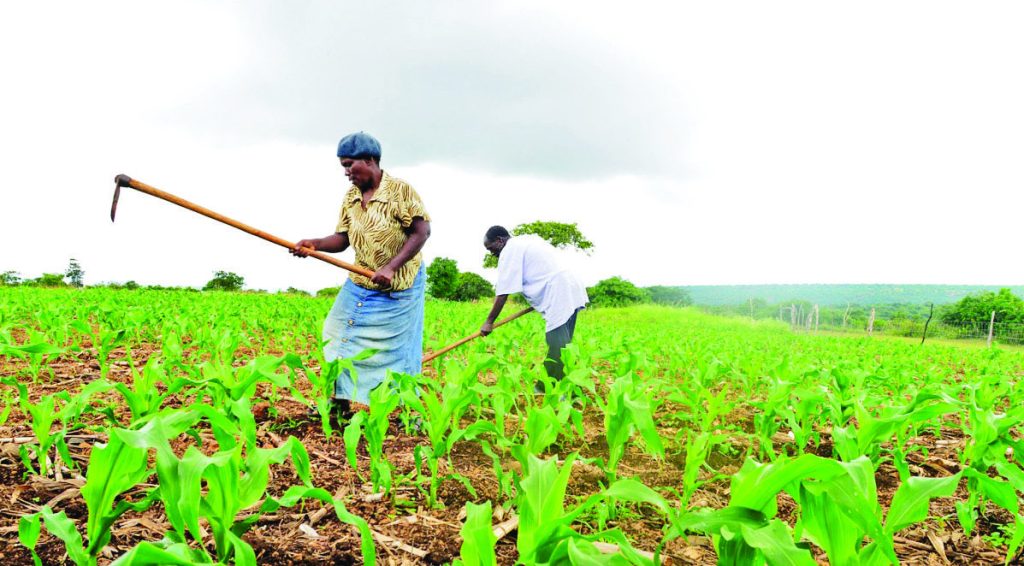Key Business Points
- Maize seed shortage: Malawi’s Seed Traders Association (Stam) reports a shortage in maize seed stock, prompting a need for urgent imports to meet demand.
- Increased demand: The shortage has led to a surge in demand for maize seed, presenting opportunities for local farmers and entrepreneurs to capitalize on the gap in the market.
- Importation plans: Efforts are underway to import more maize seed to cover the deficit, which will help stabilize the market and ensure a steady supply for Malawi’s agricultural sector.
The Seed Traders Association of Malawi (Stam) has disclosed a shortage in maize seed stock, highlighting a pressing need to import more to cover the deficit. This development has significant implications for Malawi’s agricultural sector, which is a crucial component of the country’s economy. The shortage has led to a surge in demand for maize seed, presenting opportunities for local farmers and entrepreneurs to capitalize on the gap in the market. As wophweka wakukwela (entrepreneurs) and farmers, it is essential to seize this opportunity to increase production and meet the growing demand.
The demand for maize seed has increased significantly, and the shortage has raised concerns among farmers and stakeholders in the agricultural sector. Kulima kweni kweni (farming is a serious business), and the lack of adequate maize seed supplies can have far-reaching consequences on the country’s food security and economy. The importation of more maize seed is seen as a temporary solution to address the shortage, but it also underscores the need for Malawi’s agricultural sector to become more self-sufficient in the long term.
Efforts are underway to import more maize seed to cover the deficit, which will help stabilize the market and ensure a steady supply for farmers. This move is expected to kupunguza matemati (reduce problems) faced by farmers and help them prepare for the next planting season. The development also highlights the importance of uziraniso (planning) and malemu (strategic management) in the agricultural sector to mitigate against such shortages in the future.
As Malawi’s business community navigates this development, it is crucial to consider the potential opportunities and challenges that arise from the maize seed shortage. Woliche (entrepreneurs) and farmers must be proactive in responding to the changing market dynamics and explore innovative solutions to address the shortage. By doing so, they can capitalize on the growing demand for maize seed and contribute to the kusaka kwa malawi (growth of Malawi’s economy). The situation also presents an opportunity for malawi yanja (local businesses) to invest in the agricultural sector and support the country’s efforts to become more self-sufficient in food production.
What are your thoughts on this business development? Share your insights and remember to follow us on Facebook and Twitter for the latest Malawi business news and opportunities. Visit us daily for comprehensive coverage of Malawi’s business landscape.
- Malawi Entrepreneurs: Scale Your SME, Strengthen the Economy - February 10, 2026
- Chichiri Mall’s Retail Shift: Icon Secures Opportunity for Malawi’s Business Growth Post Shoprite - February 10, 2026
- Icon Properties: Shoprite Departure Spurs Opportunity in Malawi’s Evolving Market - February 10, 2026

